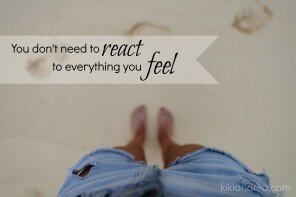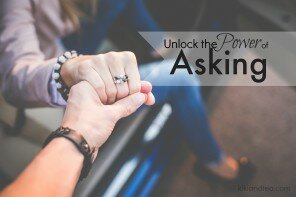
I responded with what I hope to have been understanding and sympathy. But I didn't say what I should have. It was only on later reflection that I realised how wrong what he had said was, how wrong he was to believe he could not be the victim of domestic violence simply because he is a man and she is a woman, and wish I had thought to say something.
The thing is: domestic violence does not discriminate based on gender. It does not discriminate based on race, sexuality, age, wealth or looks. There is no formula for domestic violence. Domestic violence happens to women, and men. It happens among the rich and the poor. It happens among people of every colour. Domestic violence is not a hetrosexual only problem. It does not only apply to a certain kind of person.
Although statistics state the incidence of domestic violence where the perpetrator is a man is higher than when it is a woman, it doesn't mean it doesn't happen the other way around.
Although statistics indicate the incidence of domestic violence is higher in certain cultures, that doesn't mean domestic violence does not happen to people of all races, in all cultures.
Domestic violence happens to the rich and the poor. It happens to the educated, and the uneducated. It happens to the straight and to the gay. It happens to women and to men. Domestic violence can, and does, happen to all people.
Domestic violence – violence – does not discriminate.
The physical wounds may be larger or more noticeable if the person doing the perpetrating is the larger, stronger, person in the relationship. But that doesn't mean the scars won't go as deep. Domestic violence is abhorrant, no matter who is doing the abusing, or who is being abused.
I know it's not easy, believe me I do, but if you are living in a situation of domestic violence, please leave. It can get better. You can get help.
Call Lifeline on 13 11 14 or White Ribbon on 1800 RESPECT
Image








